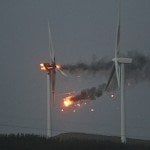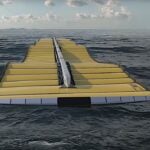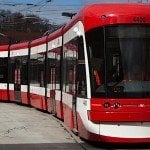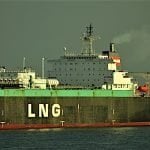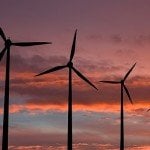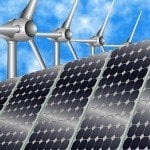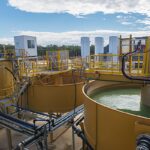The consortium consisting of Shell Canada Energy, PetroChina, the Korea Gas Corporation and Mitsubishi Corporation, known collectively as LNG Canada, announced that it has awarded a contract for front end engineering and design (FEED) for a proposed LNG export terminal at Kitimat, British Columbia. The FEED work will be done by CFSW LNG Constructors, a partnership between Japanese engineering firm Chiyoda Corp., United Kingdom-based engineers Foster Wheeler AG, Australia’s Worley Parsons and Italian oil-and-gas contractor Saipem. FEED activities are to begin on June 1.
The proposed LNG project includes the design, construction and operation of a gas liquefaction plant and facilities for the storage and export of liquefied natural gas (LNG). CFSW LNG Contstructors will be responsible for hiring the contractors to build the facilities, which will initially have a capacity to produce twelve million tonnes of LNG annually, with the option to expand to twice that capacity.
The cost of the Kitimat facilities has been variously reported at up to $12 billion.
The announcement from LNG Canada coincides with an international LNG conference hosted by the B.C. government Vancouver. It is the second year it has held such a conference intended to create interest in the industry.
It also coincides with the announcement that Russia and China have concluded a thirty-year, $400-billion gas deal, a fact that underscores the necessity for Canada to move quickly to get into this market. The first gas from Russia to China under the new deal is not expected to flow for four to six years, and China will reportedly pay an up-front amount of $20 billion to construct the pipelines that will carry the gas.
Analysts such as Michael Burt of the Conference Board of Canada have said repeatedly that Canada must act if it wants to have export markets for its natural gas. The director of the China Institute at the University of Alberta told CBC news that “it’s a race to the market” for gas exporters now. Besides China, Canada has potential customers in South Korea, Taiwan, and Japan.
Canada’s main advantage in trading with Asia is cost. European and Asian costs of natural gas are at least twice as high as here. North American gas has been averaging $4.50 per thousand cubic feet. The Chinese are reported to be paying $9.91 per thousand cubic feet for the Russian gas. Liquefied natural gas in Asia generally trades at $16 to $17.



